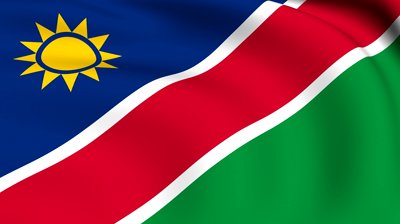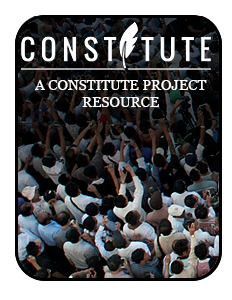South Africa occupied the German colony of South-West Africa during World War I and administered it as a mandate until after World War II, when it annexed the territory. In 1966, the Marxist South-West Africa People's Organization (SWAPO) guerrilla group launched a war of independence for the area that became Namibia, but it was not until 1988 that South Africa agreed to end its administration in accordance with a UN peace plan for the entire region. Namibia has been governed by SWAPO since the country won independence in 1990, though the party has dropped much of its Marxist ideology. Prime Minister Hage GEINGOB was elected president in November 2014 in a landslide victory, replacing Hifikepunye POHAMBA who stepped down after serving two terms. SWAPO retained its parliamentary super majority in the November 2014 elections and established a system of gender parity in parliamentary positions.
Namibia is a presidential republic.
Source: CIA World Factbook
Members:
Resources
Displaying 6 - 10 of 14Constitution of Namibia 1990 (rev. 2014)
The constitution was drafted and approved by a Constituent Assembly.
Agricultural (Commercial) Land Reform Amendment Act, 2002 (No. 13 of 2002).
This Act provides for further definitions of certain expressions and various amendments concerning functions and powers and organizational structure of the Land Reform Advisory Commission of the Agricultural (Commercial) Land Reform Act, 1995. The definition in section 1 of "alienate" in relation to agricultural land is modified. various amendments concern functions and powers and organizational structure of the Land Reform Advisory Commission. In section 17 a new subsection 5(a) is inserted. This provision concerns the withdrawal of an offer to sell land to the State.
Agricultural (Commercial) Land Reform Second Amendment Act, 2003 (No. 19 of 2003).
The Minister may prescribe different rates with respect to different categories of owners or different categories of agricultural land, differentiating on the basis of any one or more of the following: (i) nationality or residence of owner; (ii) size of agricultural land; (iii) the number of farms owned by the same owner; (iv) activities carried on or predominantly carried on agricultural land, whether farming operations or otherwise, by an owner or any person having the right of occupation and use of agricultural land through the owner thereof; or (v) any other basis which the Minister may
Communal Land Reform Amendment Act, 2005 (Act No. 11 of 2005).
This Act amends the Communal Land Reform Act so as to: insert a definition of “local authority area”; to substitute the definitions of “Minister” and “Permanent Secretary”; and to modify a reference to specified land in Schedule 1. A “local authority area” means: (a) an area declared or deemed to have been declared under section 3 of the Local Authorities Act, 1992, to be a municipality, town or village; (b) an area declared under section 31 of the Regional Councils Act, 1992, to be a settlement.
Amends: Communal Land Reform Act, 2002 (Act No. 5 of 2002). (2002-07-25)




